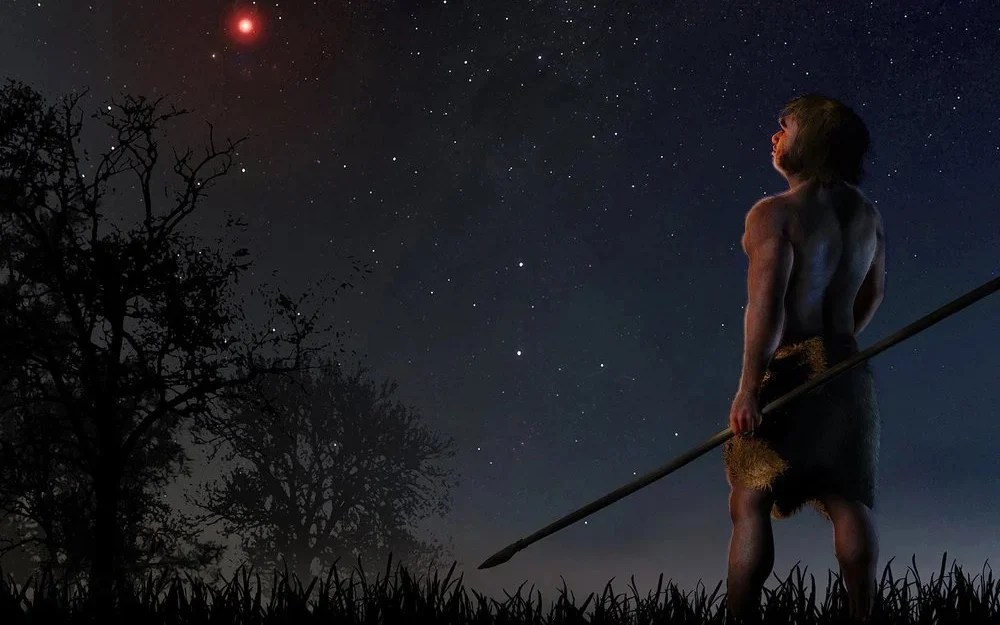Thursday, April 4th 2024
What was it like when humans first arose on planet Earth?
Earth's history was dominated by single-celled life forms for billions of years until the Cambrian explosion brought large plants and animals. The rise of mammals followed a catastrophic asteroid strike 65 million years ago, leading to the extinction of dinosaurs and the emergence of humans. This event, caused by a massive asteroid collision, left a layer rich in iridium, indicating an extraterrestrial origin. The impact wiped out dinosaurs, pterosaurs, and oceanic creatures, allowing mammals to thrive and diversify into various forms.
Sandia National Laboratories engineers, in collaboration with CSolPower LLC, developed a gravel-based thermal heat storage prototype. The gravel, heated to 932 degrees Fahrenheit, maintained high temperatures for 20 hours due to its extensive surface area. Sandia's system, with an efficiency rate of 85-90%, offers a cost-effective solution for renewable energy storage, contrasting pricier alternatives like liquid tin and sulfur. The prototype's scalability suggests potential round-trip efficiencies exceeding 95%. Sandia's low-cost thermal storage system, requiring minimal preparation, aims to make clean energy more accessible as the world shifts away from fossil fuels.
Antarctic Polar Vortex Is Now Spinning in the Wrong Direction and Could Impact Global Weather
The Antarctic Circumpolar Current (ACC), a massive ocean current encircling Antarctica, has wind speeds of 155 mph. Recently, it started spinning backwards due to climate change impacts. Geologists trace the ACC back 34 million years. A recent study delves into its 5 million year history. NOAA predicts the vortex will revert to its normal state soon, potentially affecting global weather patterns.

Analyse
Humanity is not just about successes, it is also about failures. I have often wondered where we stand in the history of life on Earth. Articles on human origins, energy storage, and the Antarctic polar vortex remind me that we are the narrators of our own story, and its victims.
The story of human emergence is a reminder of our fragility. We are responsible for the sixth extinction. We thought we were the pinnacle of evolution, when in fact we are mere passengers. Innovation in energy storage reminds me of my optimism. I believe we can find solutions, even though I know that technology alone will not be enough. The polar vortex reminds me of our ignorance. We have altered the climate, and we are suffering the consequences.
We are the creators and destroyers of our world. We have the power to shape it, but also to destroy it. I believe in a poetic, political, and philosophical revolution. We must learn to live with nature. If we do not change, we will have no future. We could become the remnants of a civilization that failed to listen.
Generation cost: 10344 tokens/0.07$